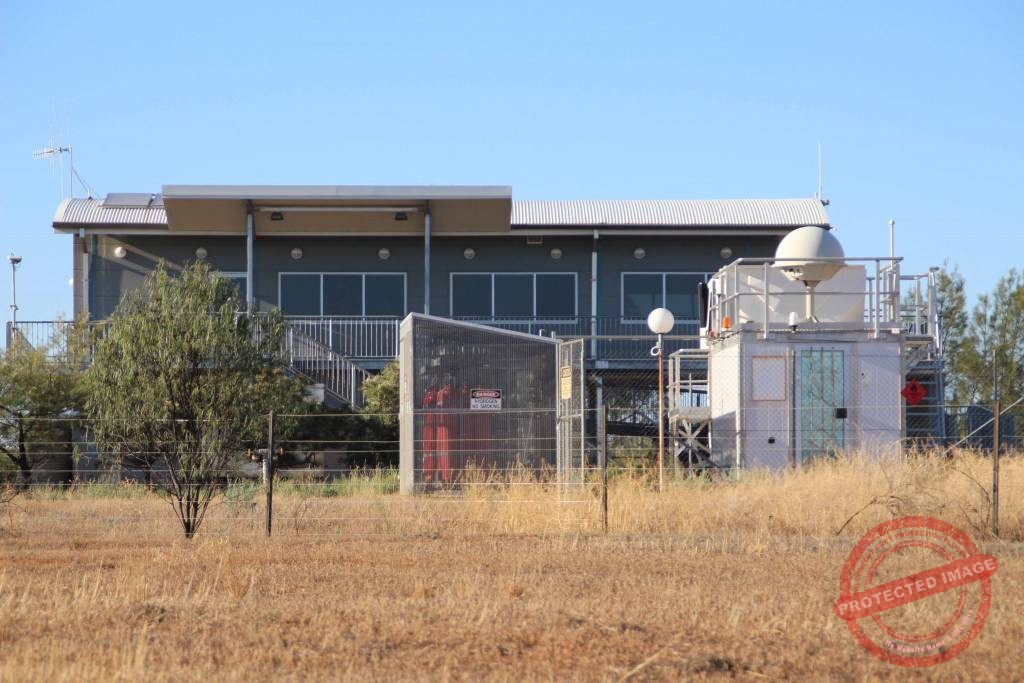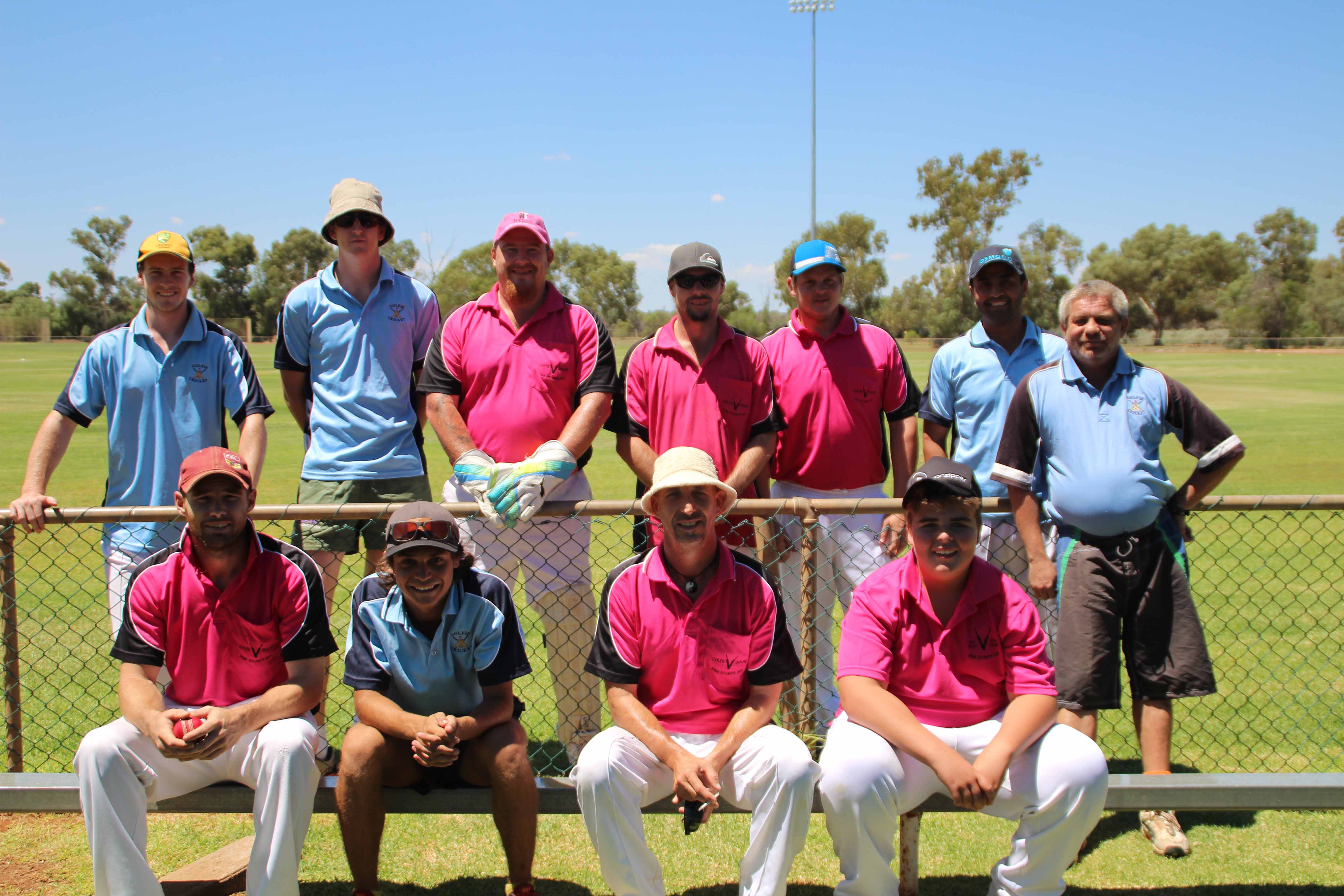
Cobar’s local weather observer, Trevor Menadue, is on the list of staff casualties to be re-deployed as part of the Bureau of Meteorology’s (BOM) strategic plan to automate regional weather stations.
BOM’s media advisor Sharon Herbert said the staff cuts to 22 field offices (which includes the Cobar station) are part of a program to improve, modernise and automate the collection of meteorological data across Australia.
“This program is guided by the Bureau’s Observing System Strategy 2014-2020 and Beyond and is focussed on maintaining and improving service levels through the Bureau’s observing network.
“New automated technology is advancing the way the Bureau collects meteorological and environmental observations, making weather information available to more people, more often,” Ms Herbert told The Cobar Weekly.
She said the automated systems will provide communities with real-time access to weather observations on a 24-hour basis.
“The quantity and quality of weather data gathered by the Bureau using automated systems is greater than ever and we are able to deliver it far more efficiently.”
Ms Herbert said delivering the strategy requires changes for staff at the Bureau’s field offices.
“In total, 22 field offices will have their weather observations fully automated over the next five years.
“Thirteen of those offices already have automated systems in place.
“Cobar is scheduled to be fully automated in 2016/17.”
She said Mr Menadue, along with staff from the other 21 field offices, will be offered redeployment options at eight new Activity Hubs located within capital cities across Australia along with Cairns.
“Relocated staff will be provided with additional training enabling them to assist in a new range of high-value activities related to monitoring and servicing our expanding national network of automated observing equipment,” Ms Herbert said.
“While the modernisation of the observing systems progresses, local communities, media and emergency services staff will still have access to automated observations on the Bureau’s website.
“Local forecasting and warning services will not be affected, and in many instances they will benefit from the availability of more timely information on current conditions.”
She said the Activity Hubs will support the diverse activities related to the operation and maintenance of the Bureau’s observations networks.
However when questioned, Ms Herbert failed to explain how other duties that are currently carried out by regional staff such as weather station tours for school groups and tourists (the Cobar station has up to 1,000 visitors each year) along with live weather reports for local radio stations and enquiries from farmers, pilots and the general public would be handled.

